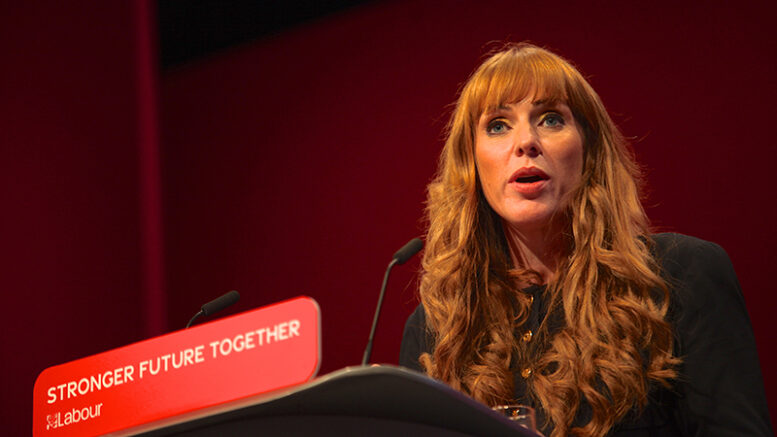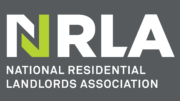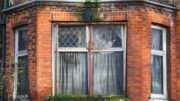The government has announced plans to introduce a new Decent Homes Standard for both the private and social rented sectors, with a formal consultation set to begin shortly. This move is aimed at ensuring all tenants, whether in social housing or private rentals, can expect safe, secure, and well-maintained living conditions.
Decent Homes Standard and new legislation
The upcoming consultation will seek to improve housing quality across the board, building on existing regulations for social housing and extending them to the private rented sector. The government’s goal is to create a standardised expectation of housing conditions for millions of tenants in the UK.
Housing Secretary Angela Rayner, speaking at the Labour conference, emphasised the importance of raising the bar for housing quality: “We will introduce new access to information requirements for housing associations, to enable tenants from the 2.5 million households managed by housing associations to hold their landlords to account.” Rayner also promised that these new standards would empower tenants to push for quicker repairs and better overall services.
In addition to the Decent Homes Standard, the government will bring forward Awaab’s Law this autumn for the social housing sector. This legislation will mandate strict timelines for addressing issues like damp and mould, ensuring landlords are held accountable for health and safety hazards.
Improving landlord accountability
As part of the new measures, the government plans to introduce stricter access to information for tenants in social housing, particularly those managed by housing associations. This will give tenants more transparency and allow them to hold landlords accountable for the condition of their homes.
“We will also introduce a Competence and Conduct standard for the social rented sector,” Rayner added. This new standard will ensure that housing staff, particularly senior managers and executives, have the right qualifications, skills, and behaviours to provide quality services to tenants. This is seen as a critical step in improving the management of housing for some of the most vulnerable people in society.
The qualification requirements will help professionalise the sector, making sure those in charge are well-equipped to support tenants and maintain properties to a high standard.
Pushing for quality in new housebuilding
Rayner also addressed the need for better quality in future housing developments. The government will unveil plans for “high quality housebuilding” through the revised National Planning Policy Framework later this autumn. These reforms are designed to ensure that new housing developments meet stricter quality standards, with the aim of boosting the number of homes that are safe, secure, and sustainable for years to come.
As the housing crisis continues, the government’s efforts to improve conditions in both existing homes and new builds are seen as crucial steps. Rayner’s proposed reforms aim to tackle long-standing issues in the sector, from inadequate repairs in social housing to substandard living conditions in the private rental market.
What does this mean for landlords and tenants?
For landlords, these proposed changes mean greater responsibility in maintaining properties to a higher standard, with tighter regulations likely to be enforced across both sectors. Social housing landlords, in particular, will need to ensure their staff meet new competency requirements, while private landlords will be expected to comply with the new Decent Homes Standard.
Tenants, on the other hand, may benefit from improved housing conditions and faster repairs, reducing the risks of health and safety hazards such as damp or mould. The increased access to information will also give tenants greater power to challenge their landlords and ensure they are held accountable for poor living conditions.







